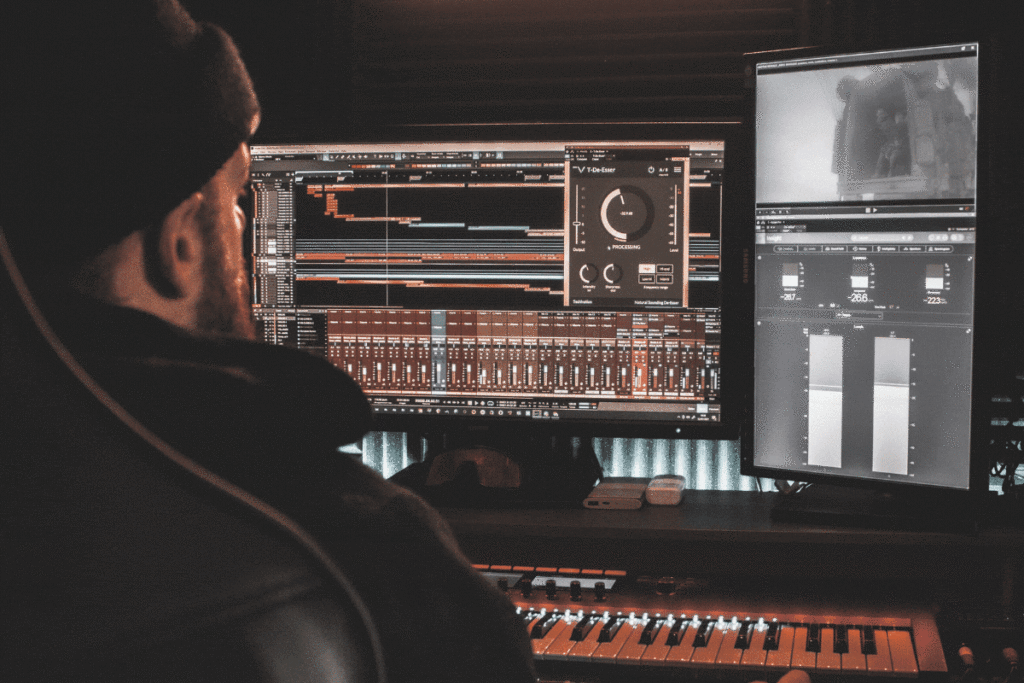What does a Mastering Engineer do?
Mastering is the final step in the recording process before a recording is released. A mastering engineer takes audio that has been previously mixed in either an analog or digital domain. Then, they prepare it for use in physical and streaming distribution. After mastering is finished, the audio tracks are transferred to a data storage device. This device is called the master, and all future duplicates are made from the master recording.
How much does an Mastering Engineer make?
According to ZipRecruiter, Mastering Engineers maintain a national hourly wage of $19.95-48.07. This amounts to an average annual salary of $41,500 to $100,000. The range in salary widely depends on factors including skill and seniority level. Entry-level engineers start around $21,500 annually, whereas senior-level engineers make an annual average of $142,500.
What impact does this career have towards the music industry?
Mastering is considered an art form in its own right. Mastering Engineers must be ear trained to hear tonal imbalances since they have to ensure that the recording maintains a high level of quality across various mediums. They are responsible for taking what is recorded in the studio and shaping it into a product that is enjoyable for consumers.
What is the job outlook for a Mastering Engineer?
Music revenue is forecasted to more than double to about $131 billion by 2030. According to the U.S. Bureau of Labor Statistics (BLS), job opportunities in the field (including Mastering Engineer) are expected to grow at a rate of 9.0% during the 2019-2029 decade.

Learn from:
Pete Rock
Music Industry Essentials contributor, Producer
Production Credits: Busta Rhymes, Common, Ghostface Killa, Jim Jones, Method Man & Redman, Raekwon, and Talib Kweli.
Related Careers:
Music Producer | Studio Engineer | Studio Maintenance Engineer | Audio Engineer | Mixing Engineer | Assistant Recording Engineer



